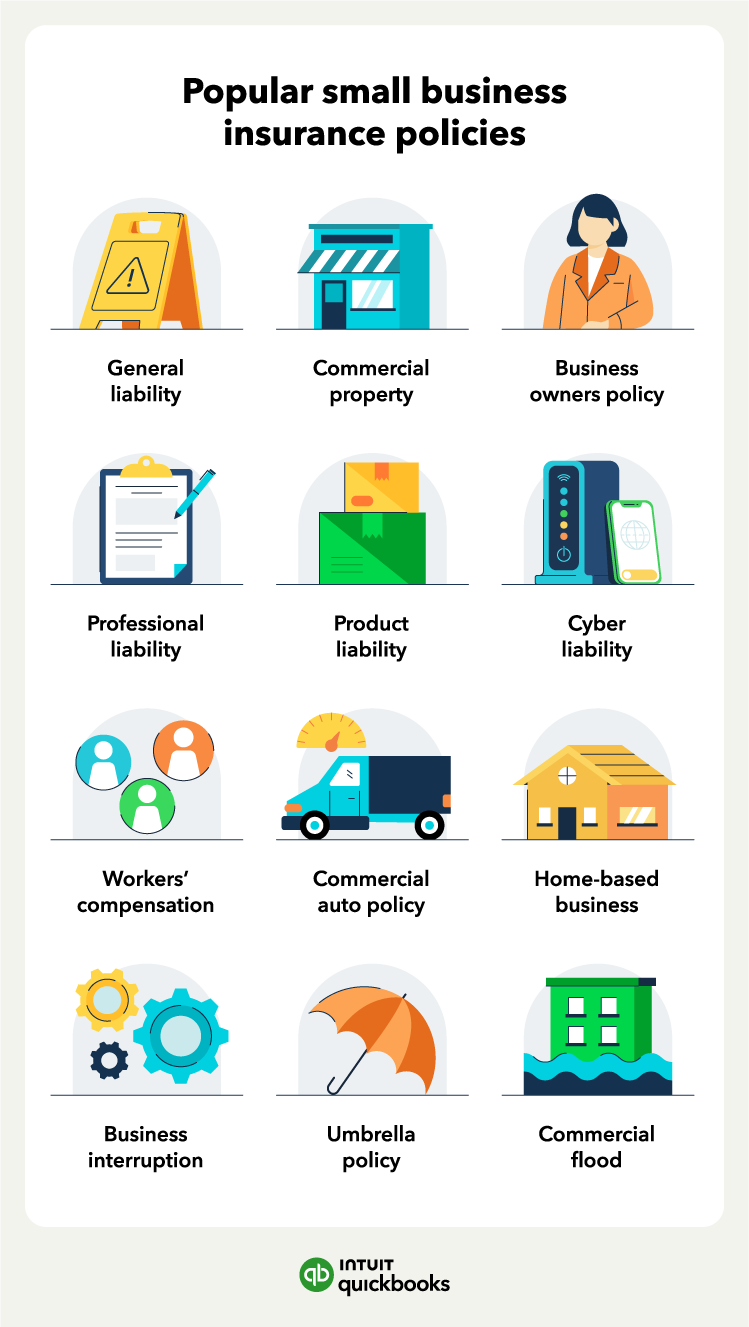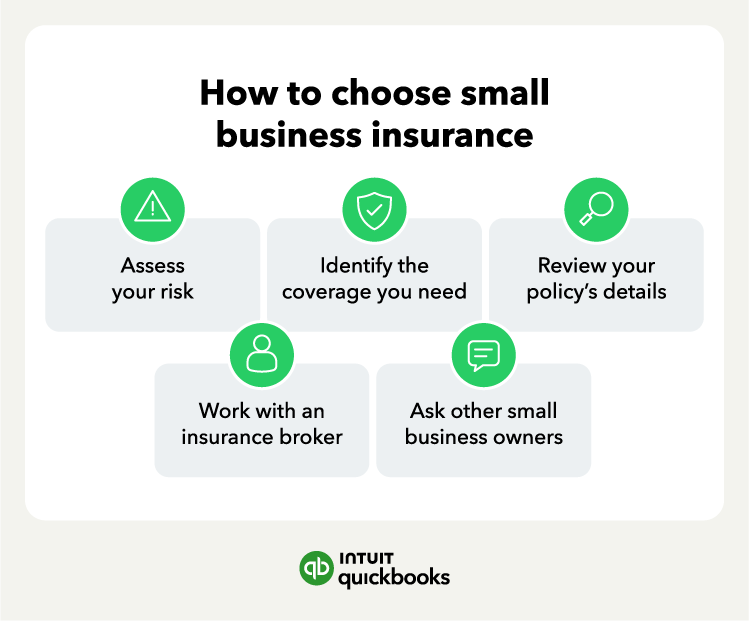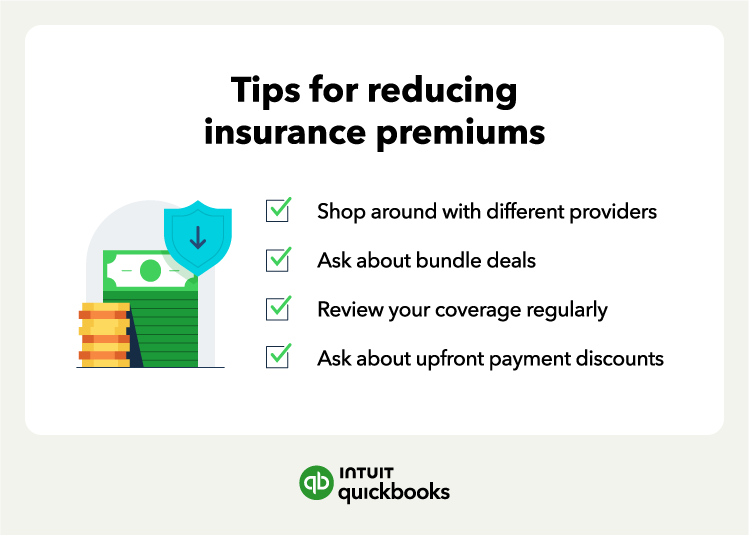Run your business with confidence
Small business insurance exists to help you keep your business safe from common hazards and risks. While coverage costs can vary, they should always be part of your company’s operating budget and included in your accounting practices so you never have to worry about missing a premium payment.
But if you’re just starting out, navigating the recordkeeping, budgeting, and bookkeeping process can be difficult. Accounting software that supports built-in payroll and insurance features like worker compensation can help you streamline your efforts so you can focus on doing what you do best: running your business.
QuickBooks Online Payroll & Contractor Payments: Money movement services are provided by Intuit Payments Inc., licensed as a Money Transmitter by the New York State Department of Financial Services, subject to eligibility criteria, credit, and application approval. For more information about Intuit Payments Inc.’s money transmission licenses, please visit https://www.intuit.com/legal/licenses/payment-licenses/















